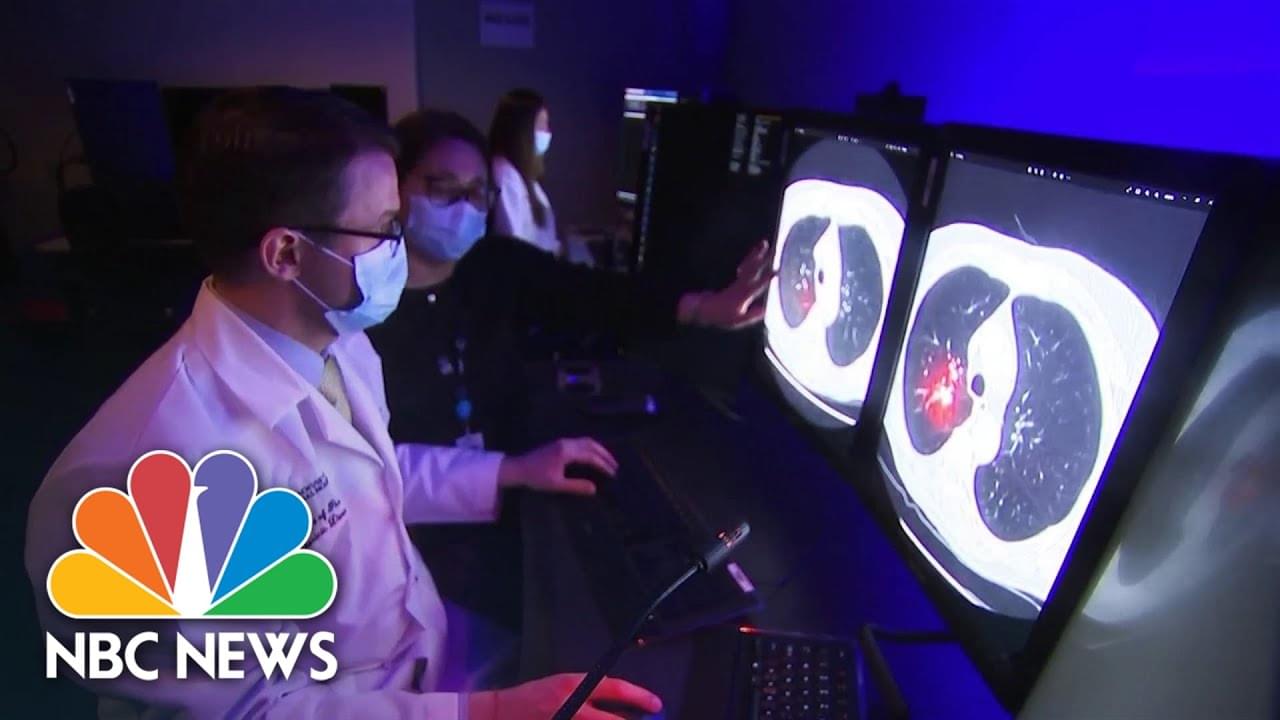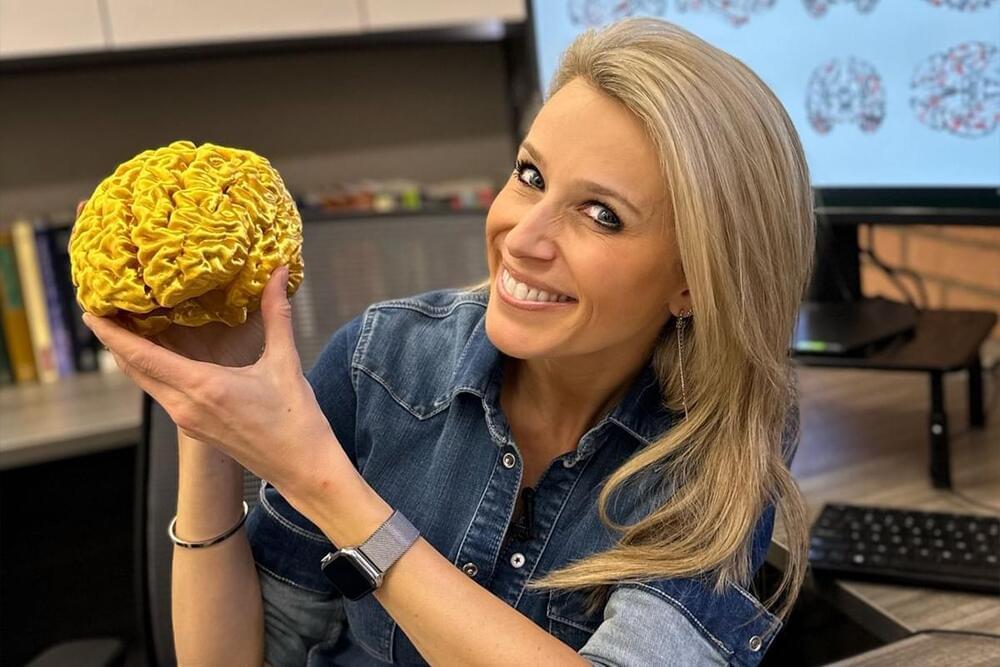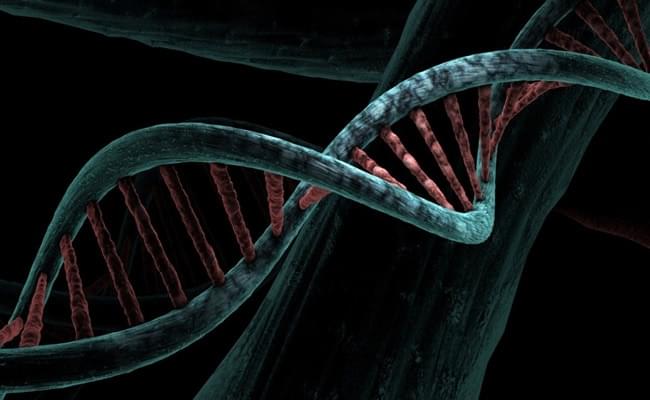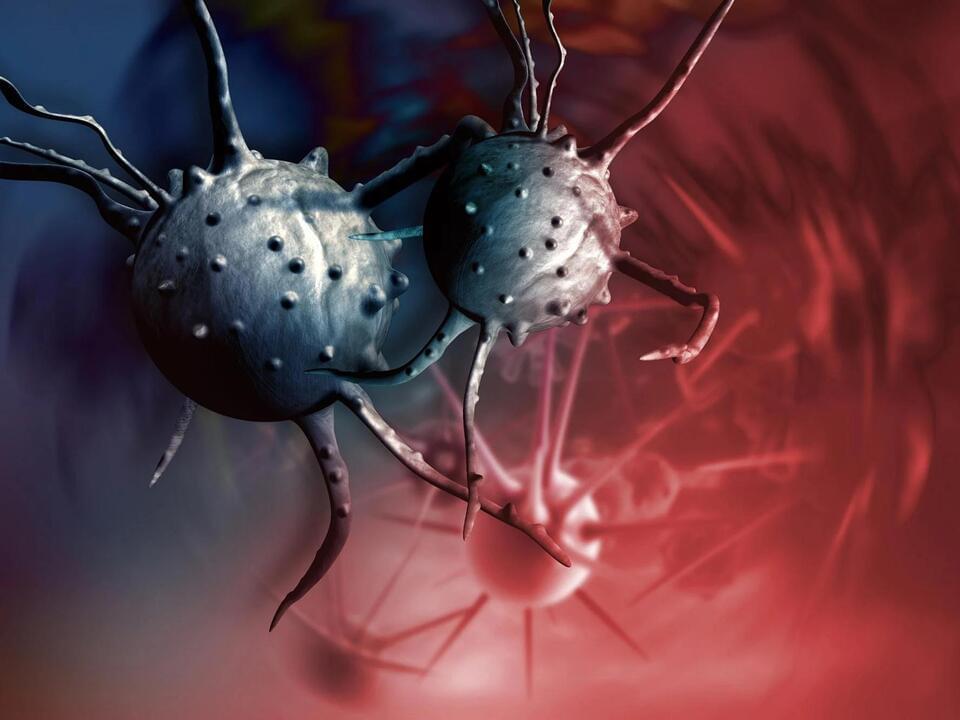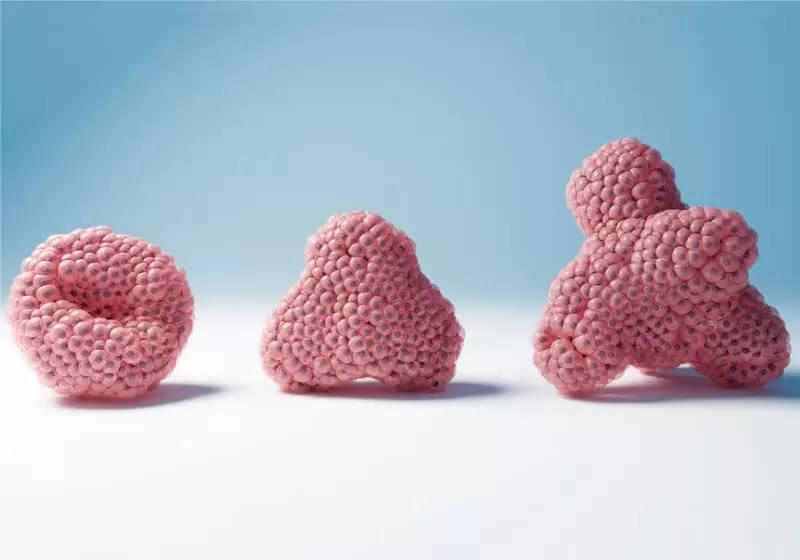Jun 4, 2024
AI could revolutionize cancer detection, according to MIT, Mass General research
Posted by Dan Breeden in categories: biotech/medical, robotics/AI
I disagree with you Dan Breeden. In my openion AI WILL A BETTER FUTURE FOR HUMAN CIVILIZATION.
Doctors and engineers from Massachusetts General Hospital and MIT are trying to revolutionize cancer detection through an artificial intelligence program called Sybil. Their study found that Sybil could accurately predict whether a person will develop lung cancer in the next year up to 94 percent of the time. NBC News’ Dr. John Torres reports.
